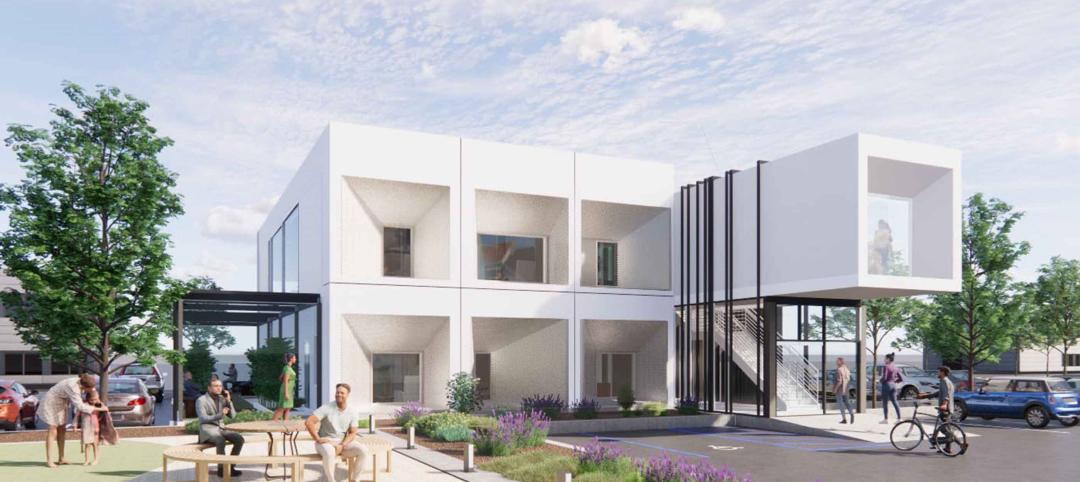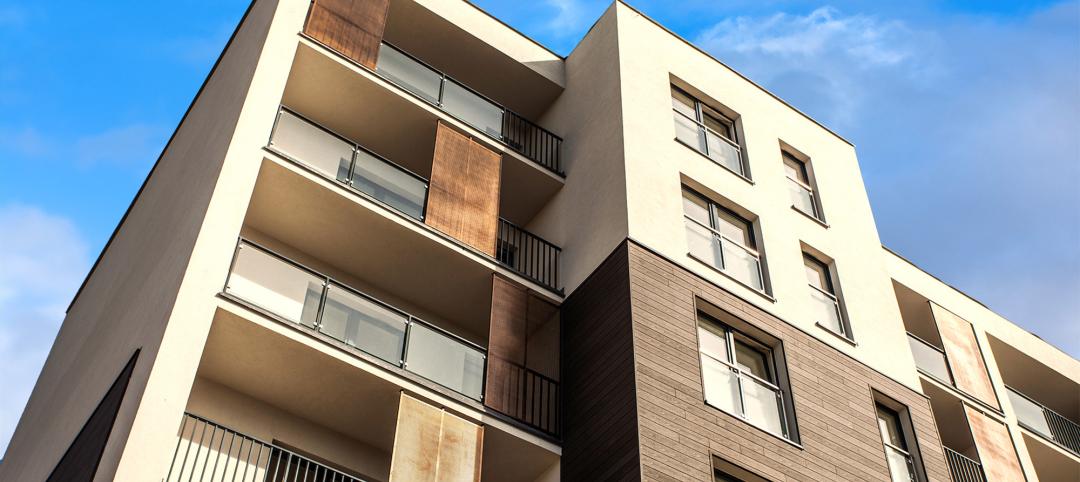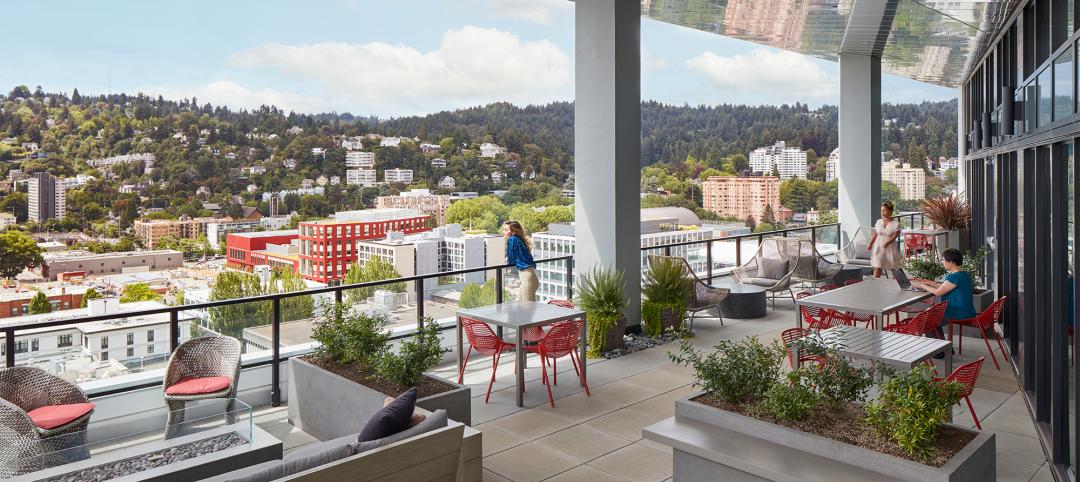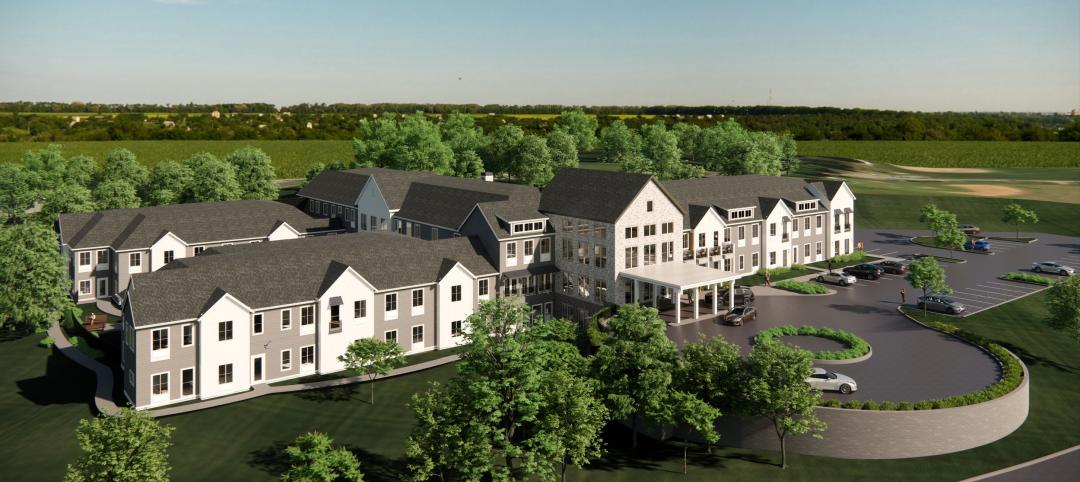Construction spending in February increased 6.0% from February 2019, with year-over-year gains in both residential and nonresidential outlays, according to a new analysis of federal data released today by the Associated General Contractors of America. Association officials cautioned that their latest survey shows conditions for contractors have deteriorated rapidly since February. They called on Congress to urgently pass targeted recovery measures to boost infrastructure funding, compensate firms for lost or delayed federally funded work, and provide needed pension relief.
“Spending in February declined 1.3% from an upwardly revised, exceptionally strong pace in January that was aided by unusually mild winter weather in much of the country,” said Ken Simonson, the association’s chief economist. “Together, the rate in the first two months of 2020 represents a high-water mark immediately before government officials ordered widespread business closures and project owners canceled or halted work on their sites. The survey we conducted March 23 to 26 found that 39% of the more than 1600 respondents said they had been directed to stop work on one or more projects.”
Simonson added that 45% of respondents reported experiencing project delays or disruptions. Shortages of material, parts and equipment, including vital personal protective equipment for workers such as respirators, were reported by 23% of respondents. Eighteen percent reported shortages of craftworkers, while 16% said projects were delayed by shortages of government workers needed for inspections, permits and other actions. Thirteen percent said delay or disruption had occurred because a potentially infected person had visited a jobsite.
“When projects shut down, jobs are lost not only in construction but also in a host of other industries, ranging from quarries to manufacturers, and truckers to professional services,” the economist noted. “Investing in infrastructure now will bring these jobs back sooner and will buy a lot more construction while fuel and materials costs are low.”
Association officials said that, considering that 39% of contractors have had at least one project canceled or delayed because of the coronavirus, construction spending is likely to decline for the foreseeable future. They added that firms will have a hard time continuing to pay current staff under these conditions and called on Washington officials to make new investments in infrastructure, provide relief from losses incurred on delayed or canceled federally funded projects, and pass protections for multi-employer pensions in order to help the industry recover from the economic impacts of the pandemic.
“The pandemic is prompting a collapse in demand for commercial construction, putting tens of thousands of jobs at risk,” said Stephen E. Sandherr, the association’s chief executive officer. “Congress and the administration must do more to make sure that efforts to flatten the curve don’t flat-line this industry and its millions of jobs.”
Related Stories
Office Buildings | Jun 3, 2024
Insights for working well in a hybrid world
GBBN Principal and Interior Designer Beth Latto, NCIDQ, LEED AP, ID+C, WELL AP, share a few takeaways, insights, and lessons learned from a recent Post Occupancy Evaluation of the firm's Cincinnati, Ohio, office.
MFPRO+ Special Reports | May 6, 2024
Top 10 trends in affordable housing
Among affordable housing developers today, there’s one commonality tying projects together: uncertainty. AEC firms share their latest insights and philosophies on the future of affordable housing in BD+C's 2023 Multifamily Annual Report.
K-12 Schools | Apr 29, 2024
Tomorrow's classrooms: Designing schools for the digital age
In a world where technology’s rapid pace has reshaped how we live, work, and communicate, it should be no surprise that it’s also changing the PreK-12 education landscape.
Healthcare Facilities | Mar 18, 2024
A modular construction solution to the mental healthcare crisis
Maria Ionescu, Senior Medical Planner, Stantec, shares a tested solution for the overburdened emergency department: Modular hub-and-spoke design.
Office Buildings | Mar 8, 2024
Conference room design for the hybrid era
Sam Griesgraber, Senior Interior Designer, BWBR, shares considerations for conference room design in the era of hybrid work.
Airports | Jan 15, 2024
How to keep airports functional during construction
Gensler's aviation experts share new ideas about how to make the airport construction process better moving forward.
Apartments | Jan 9, 2024
Apartment developer survey indicates dramatic decrease in starts this year
Over 56 developers, operators, and investors across the country were surveyed in John Burns Research and Consulting's recently-launched Apartment Developer and Investor Survey.
MFPRO+ Special Reports | Jan 4, 2024
Top 10 trends in multifamily rental housing
Demographic and economic shifts, along with work and lifestyle changes, have made apartment living preferable for a wider range of buyers and renters. These top 10 trends in multifamily housing come from BD+C's 2023 Multifamily Annual Report.
Urban Planning | Dec 18, 2023
The impacts of affordability, remote work, and personal safety on urban life
Data from Gensler's City Pulse Survey shows that although people are satisfied with their city's experience, it may not be enough.
Senior Living Design | Oct 30, 2023
Navigating architectural challenges—from 'unbuildable' to unbelievable
Mick Schaefer, AIA, NCARB, LEED GA, recounts the challenges Vessel Architecture & Design had to overcome while designing a state-of-the-art senior living facility.

















